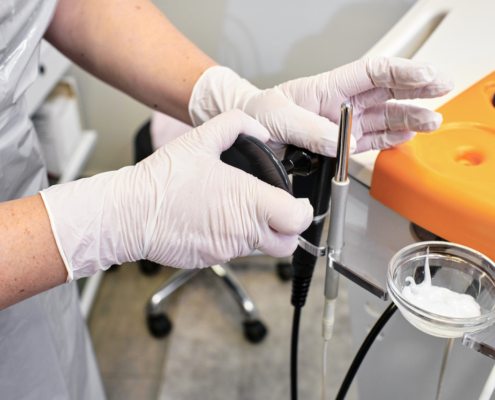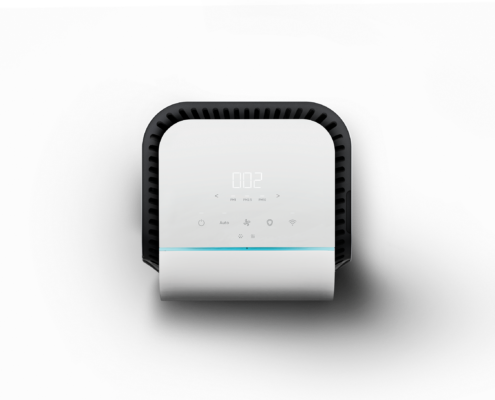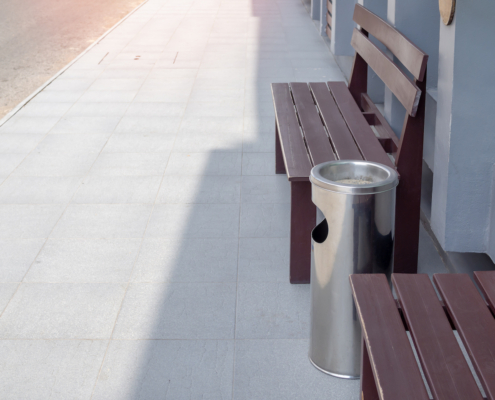
 https://cairntechnology.com/wp-content/uploads/2022/11/PatientSafetyShowblogDec2022.png
476
476
Sarah Clements
https://cairntechnology.com/wp-content/uploads/2023/06/Cairn-logo_RGB-compact-3.jpg
Sarah Clements2022-12-29 03:42:352022-11-29 16:13:50The Patient Safety and Infection Prevention Show 2023
https://cairntechnology.com/wp-content/uploads/2022/11/PatientSafetyShowblogDec2022.png
476
476
Sarah Clements
https://cairntechnology.com/wp-content/uploads/2023/06/Cairn-logo_RGB-compact-3.jpg
Sarah Clements2022-12-29 03:42:352022-11-29 16:13:50The Patient Safety and Infection Prevention Show 2023





